Russian war machine grinds to a halt?
"Russia’s spring offensive has stalled. Soon comes the time for Ukraine’s counter-attack", assesses Edward Lucas, correspondent of the Economist.
Tuesday, 14.03.2023.
11:05
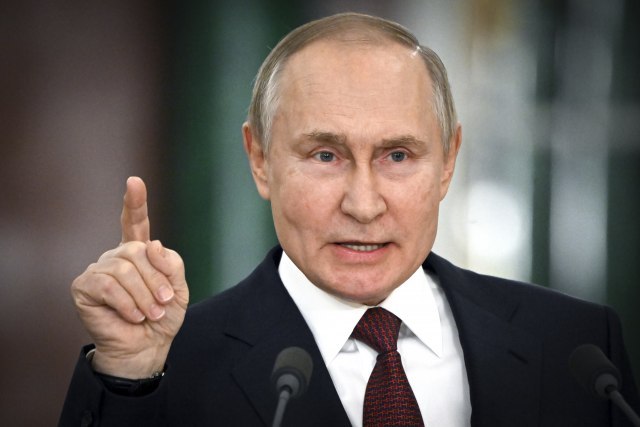
Russian war machine grinds to a halt?
Edward Lucas, correspondent of the Economist from Berlin, Moscow, Vienna and the Baltic states, an internationally recognized expert on espionage, subversion, use and abuse of history, in an author's article for Center for European Policy Analysis (CEPA), writes that sooner or later, the stakeholders in the Russian system will dump Vladimir Putin, blame him for the war and for the painful conditions on which it ends, and return to their core activities of lying and stealing.That remains the most likely outcome of the war in Ukraine, and the big question is the time frame: Do we have weeks, months, or a year to endure before the Russian war machine sputters to a halt?
However, other outcomes should be taken into account, he says.
"I recently spent some time with a group of senior officials looking at future scenarios for Western relations with Russia. We talked about the usual options: civil war, a junta, a new strongman, or a fake liberal. We even spent a few minutes on the unlikely prospect of democracy," Lucas wrote, then added:
"But the topic that caught my attention was what they called “Iranization”: in short, the idea that the regime in Moscow might prove to be as resilient as its counterpart in Tehran".
He points out that despite everything, the "theocratic mafia", which has been in power in Iran since the 1979 revolution, Iran has not become a backward or isolated country.
According to him, the West responded to the threat from Iran with a mixture of punitive sanctions and offers of diplomatic exit ramps. But all that didn't work, only Iranian citizens suffer while Iran's oil exports grow.
Iran sells ships to African countries and Venezuela, and weapons to anyone. The nuclear deal only slowed the regime's progress toward a doomsday arsenal.
One of the reasons for Iran's resilience is the regime's continued ideological control over at least part of the population. This combines Islamic piety with national pride, Lucas believes.
Another is the fusion of economic and political power, particularly through the Islamic Revolutionary Guard Corps, which is nominally part of the armed forces, but in reality, a powerful business and political entity, with independent intelligence, financial and military capabilities.
This setting is not identical to Russia, but the similarities are striking. Russia has so far defied Western sanctions. The regime’s ideology fuses an obscurantist form of Orthodox Christianity with national pride.
Military setbacks appear to have little effect on the regime's grip. Emigration is a safety valve, repression a cudgel.
"Corruption and hypocrisy lubricate the system rather than just corroding it. Foreigners’ cowardice and greed enable it", Lucas concludes.
"It is easy to see how the “Iranization” of Russia might develop: just continue the current trajectory. It is much harder to see how the West would counter it", Lucas wrote, as quoted by the newspaper Danas.










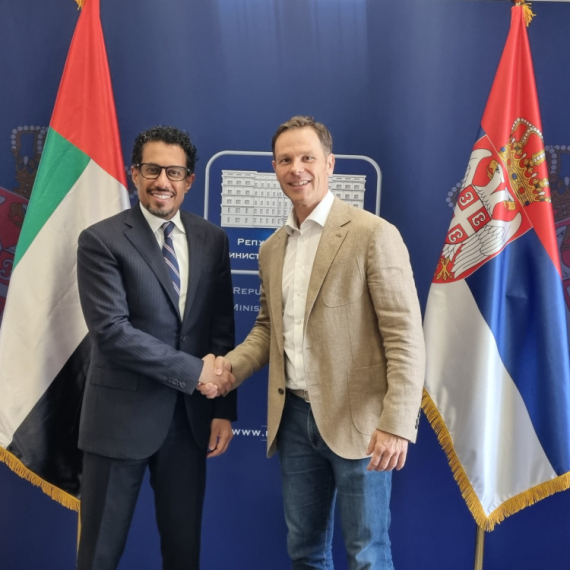

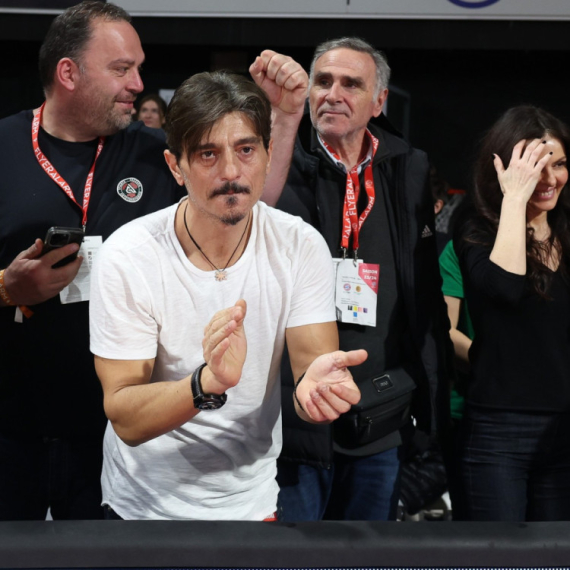
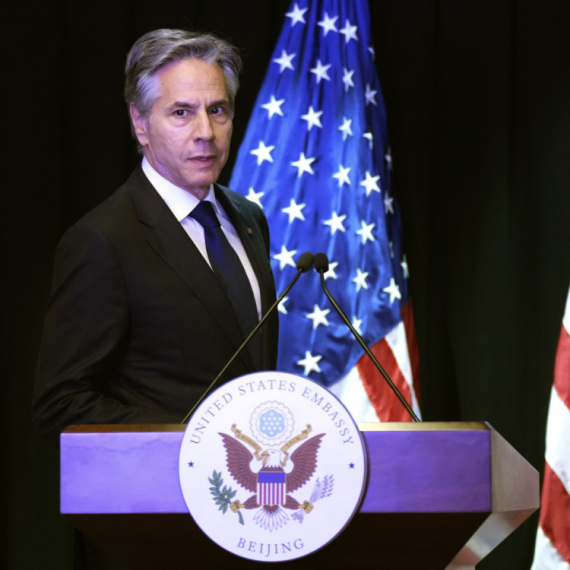

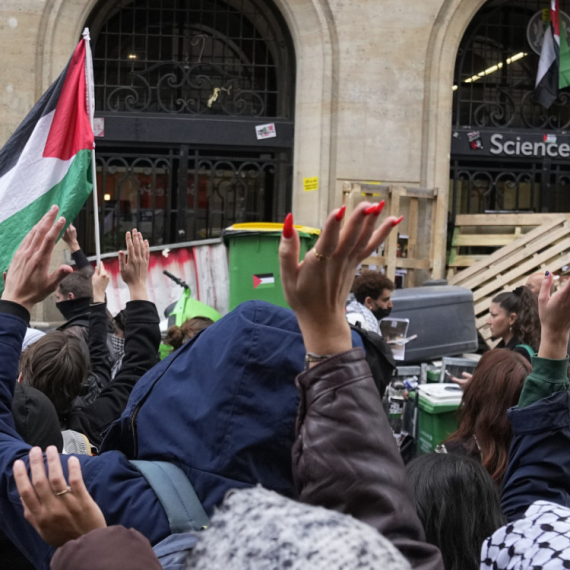
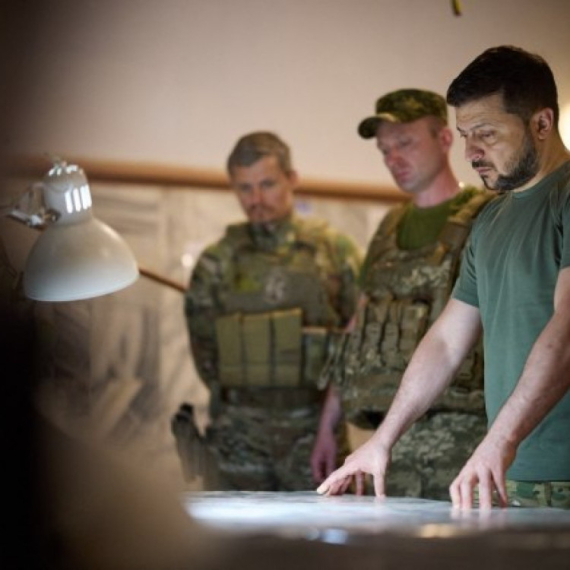
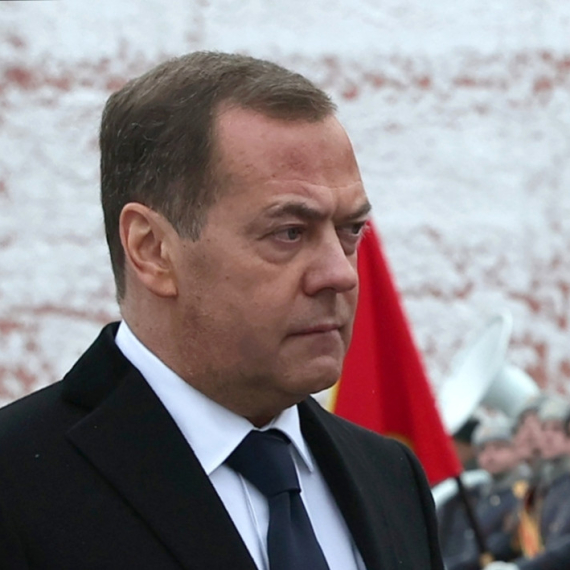
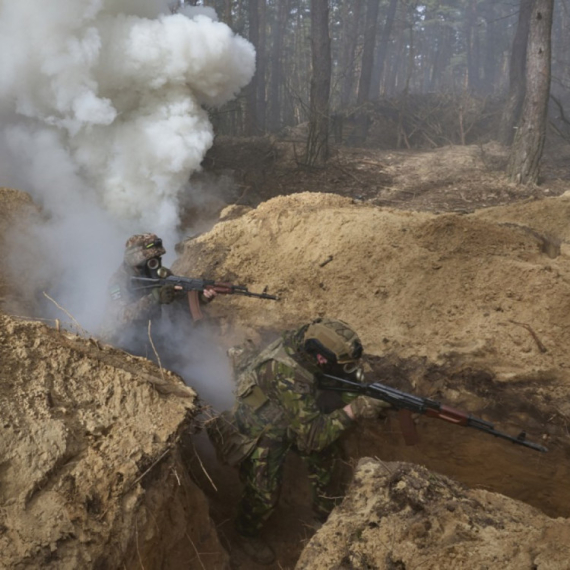
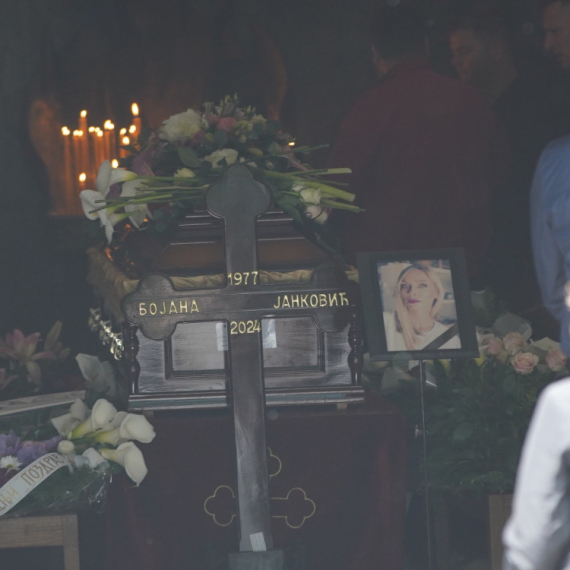


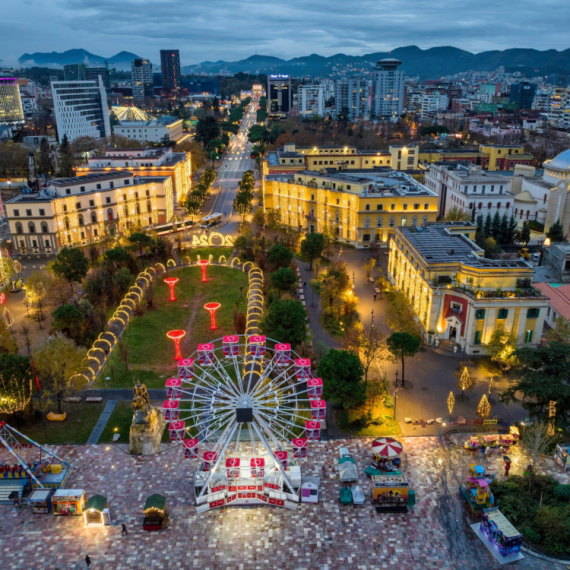




































Komentari 0